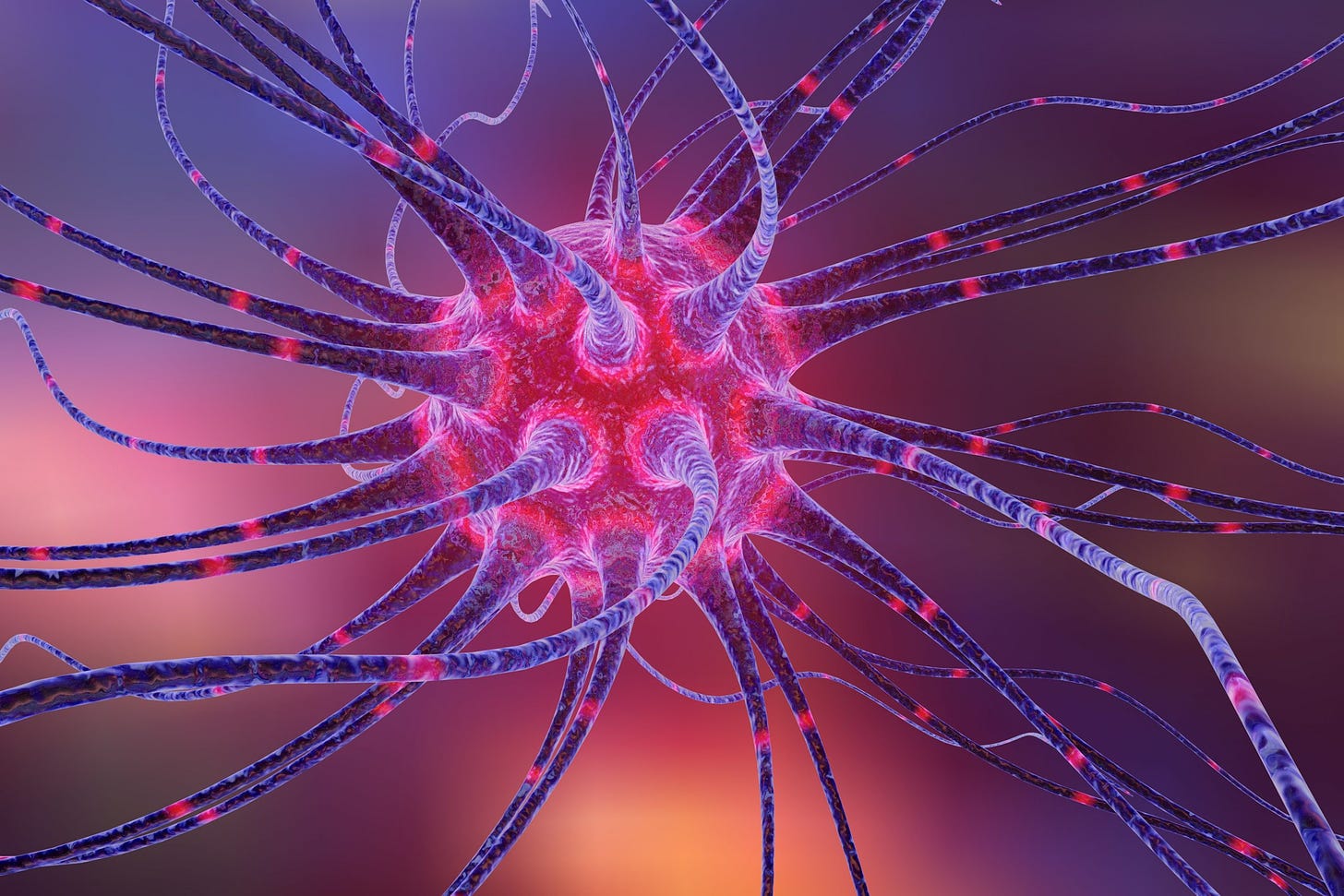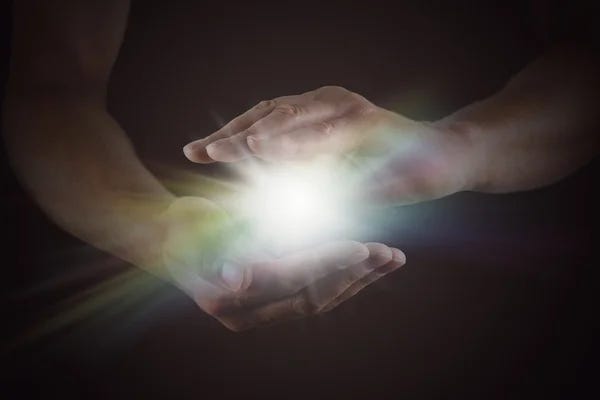The heft of inevitability and the miracle of unacceptability
by Lydia Lowery Busler
We had a long discussion on the road today, driving in the American West to catch an airplane after missing a previous flight east. Topics ranged from past partners, friends, and influences to chosen activities, loss, and change. Early in this trip, I was asked what I like most about myself and why. It was a simple question that was difficult to answer.
After my answer, “I like the pink spot of sun on my nose most because it means it didn’t burn like a toasted marshmallow,” wasn’t an acceptable response, I thought past my weekend to what trait had served me best in my life.
“My adaptability,” I spoke with more seriousness, “My ability to adapt has allowed me to forgive, see the bigger picture, solve problems, meet and learn from people, change, and find more enjoyment in my life.”
That was better.
Later, in the car, my mind was piqued further by a tale of smoking cessation. In fact, there were two such tales regarding siblings. The first story was about a desire to stop smoking and a promise of a coveted vehicle. Quitting had been a matter of perseverance and triumph and the desired result had been attained in every way, shape, and form. The heroine had mastered the smokeless life and drove around in her dream vehicle. She went on to have two healthy children as well.
I love the power of tangible reward in this happy ending.
The next story was very different. Smoking had been a way of life since early teen-hood, just like in the first tale, yet the trajectory relayed here was steep and abrupt. One day, a harsh smoker’s cough appeared. It was sudden, yet it followed twelve stairs on which our storyteller had become winded.
Turns out that being short on breath during ascension was alarming enough, but it was the cough that truly flipped the switch. He decided right there on the spot to quit and he never had another cigarette in his life. In fact, he never had withdrawal symptoms. There was another unexpected reward: food tasted fantastically delicious.
This struck me as recognizable.
Where am I going with this? Well, I noted that my storyteller-partner’s condition of health had become unacceptable to him. That’s a key I’ve identified in my own life, one which created a quantum leap in the way of a medical miracle. Still, acclaimed teacher that I am, I’ve never quite grasped an accessible method to teach how to change impossibilities into triumphs by deeming them unacceptable. Before me lies a way to further explore the massive mindset shift that occurs in quantum change via a method rarely discussed.
You see, first of all, we can only change ourselves; we cannot change others. We can suggest and we can model, we can plead and exert influence, and we can even inflict force. Any change that occurs still does not come from us. The change is always in the individual.
What I believe is happening with our individual condition is that when we suffer, we assess ourselves logically and/or reactionarily. For example, we react to our condition - it is uncomfortable. It hurts. It’s overwhelming. To change it would require changing our behavior. Getting medical help that may hurt or be unreliable. Changing our perception. Giving up part of what gives us a known hit of dopamine. We deem the shift to be impossible, unsupported, never before done, a miracle, only for other types of people [the rich, the famous, the privileged… you get the idea]. We have many thoughts that support the likelihood of failure. The change is logically presumed illogical.
These are all pretty hard-wired into our self-fixing framework and our societal thinking. And that’s just it. It’s thinking.
While we can try to adjust our “stinking thinking”, it’s still thinking. That’s what the nature of a mindset shift is, right? To train ourselves to change our thinking?
Yes and no. Mindset shifts are quite possible. They usually require inspiration, support, and a steadfast effort, and are worth our perseverance. Any way we can reprogram ourselves to say, “I can” rather than “I can’t” is a good thing.
But that’s just it. It takes a long time. The shift I’m talking about, however, is instantaneous yet is still akin to a mindset shift. What’s different about it is that it’s absolute. The power of deeming something unacceptable is that it embraces the “can’t” in a way that shifts everything all at once.
“I can’t live this way anymore.” And so we don’t. End of story, because we say in an absolute manner, “That’s not me.”
Quitting smoking? My partner had no side effects. He was done and that was that. His healing was a given after he no longer smoked. Healing? I declared myself well and spent the next year-and-a-half making the reality match my belief, so not instantaneous results, but absolute truth and absolute results. Because of it, I’m strong. I have two highly functional legs.
One leg was atrophied to bone and I was not to gain back those nerves. Three years is as long as they’ll grow and they only grow half an inch each year. I had 36” to grow and the word after the tourniquet was left on too long in surgery was, “Not our fault, you’re weird and that won’t grow back enough to walk. So sorry, pain management classes may help with your life-long agony…’
Logic points to the path of pain management, right? I thought no longer. Instead, I had a complete belief shift in one moment and that opened me to healing. It opened me to the methods, the nutrition, and the hard, hard physical therapy it took to train my rapidly growing nerves. I had not come this far to spend my life being angry about a leg. So I had my nerves back after a year-and-a-half, a bit ragged but functional.

Truth is, teaching how to do the things I did to heal is not the hard part. You, too, can eat 4 raw eggs a day and have relentless physical therapy and acupuncture. But let’s be clear here: if those things worked by themselves, every neurology clinic would have this protocol on tap. You see, I’m a neurology patient, too (I have traumatic brain injuries and other bodily adjustments) and while raw eggs can help given all of their pure amino acids, no claim is made about them as a wonder drug. What made the difference is that I declared myself well while I was heinously injured.
This wasn’t simply a quantum mindset shift, it shifted my entire intrinsic belief in one fell swoop. How can I teach that?
“You must believe.”
Right. That’s like telling an anxious person in duress to “calm down.”
So there it is - my inability to teach my most famous trick, not because it took 10,000 hours to attain the expertise, but because I simply said, “No,” and it shifted my entire belief and ability to heal in a heartbeat. It wasn’t in my head. It was in my being, my wholly believing mind.
I’d love to hear your thoughts in the comments. Growth is better when it’s participatory and we each have a leg in the arena.




Comments
Post a Comment